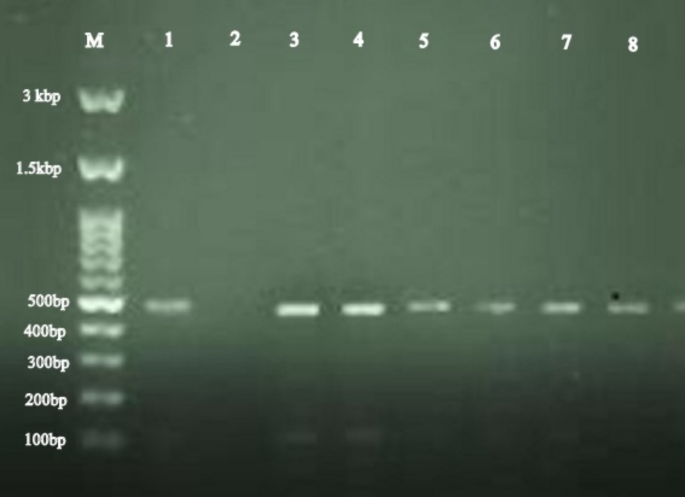Bovine tuberculosis, caused by the bacteria Mycobacterium bovis, is a serious zoonotic disease that can be transmitted from cattle to humans through the consumption of contaminated dairy products. In a groundbreaking study conducted in Iran’s Lorestan province, researchers have uncovered the alarming prevalence of M. bovis in cow’s milk, shedding light on the urgent need to address this public health concern. By employing advanced molecular techniques, the team identified M. bovis in a significant proportion of milk samples, highlighting the potential risks associated with the consumption of unpasteurized dairy products. This research not only enhances our understanding of the epidemiology of bovine tuberculosis but also underscores the importance of implementing comprehensive disease control and prevention strategies to safeguard both animal and human health.
Unraveling the Mysteries of Bovine Tuberculosis
Bovine tuberculosis, caused by the bacterium Mycobacterium bovis, is a serious infectious disease that affects cattle and can be transmitted to humans, posing a significant public health threat. In a recent study conducted in Lorestan province, Iran, researchers delved into the prevalence of M. bovis in cow’s milk, a potential reservoir for the disease.

Tracing the Presence of Mycobacterium bovis in Cow’s Milk
The study, led by a team of researchers from Lorestan University, analyzed 100 raw milk samples collected from various industrial and traditional cattle farms in the region. Using advanced molecular techniques, such as Touch-down Polymerase Chain Reaction (TD-PCR), the researchers were able to detect the presence of M. bovis in a staggering 7% of the samples.

This alarming finding highlights the significant risk of transmission of bovine tuberculosis through the consumption of unpasteurized dairy products, a common practice in many parts of Iran, including Lorestan province. The researchers emphasize that the traditional method of cheese-making, where raw milk is used without proper heat treatment, can be a major contributing factor to the spread of the disease.
Implications for Public Health and Disease Control
The detection of M. bovis in cow’s milk is not only a concern for animal health but also poses a serious threat to human health. Bovine tuberculosis can be transmitted to humans through the consumption of contaminated dairy products, leading to potentially severe consequences.

The study’s findings underscore the urgent need for comprehensive disease control and prevention strategies in the region. This includes strengthening the chainreaction’>PCR-based techniques as a more sensitive and reliable method for the detection of M. bovis in milk and other dairy products. This could lead to the development of improved diagnostic tools and enhance the ability to identify and control the disease effectively.
Overall, this study serves as a critical wake-up call for public health authorities and policymakers in Iran and beyond. Addressing the challenge of bovine tuberculosis requires a multifaceted approach, encompassing improved disease surveillance, strengthened control measures, and the promotion of safe dairy consumption practices. By taking these steps, we can protect both animal and human health, and ultimately, safeguard the well-being of communities worldwide.
Author credit: This article is based on research by Amin Zahrakar, Ehsan Rashidian, Amin Jaydari, Heidar Rahimi.
For More Related Articles Click Here
